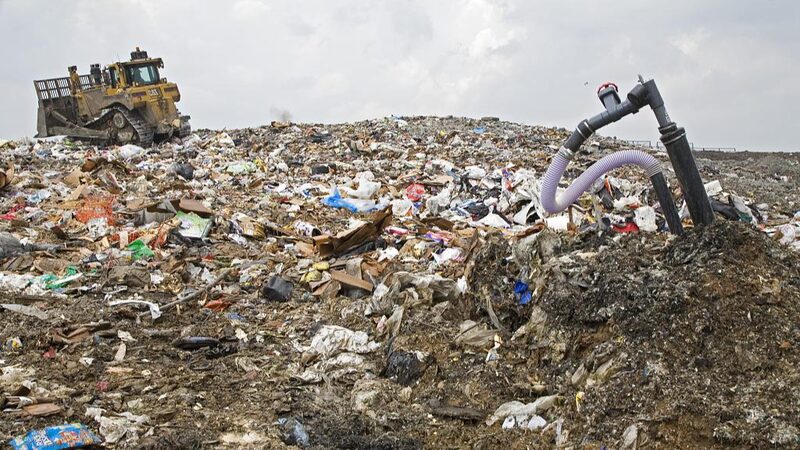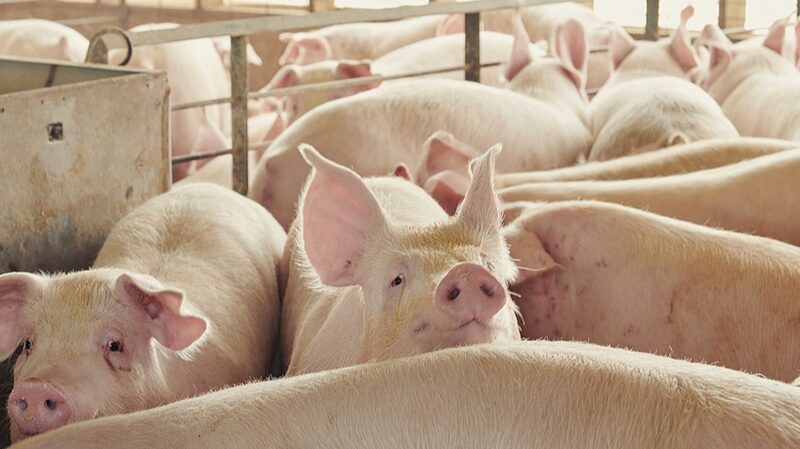In a groundbreaking move toward combating climate change, Denmark is set to introduce the world’s first carbon tax on livestock. The unique measure aims to propel the Scandinavian nation closer to its ambitious goal of achieving carbon neutrality by 2045.
Starting in 2030, Denmark will impose a tax on methane emissions resulting from cattle and pigs. Methane, a potent greenhouse gas, is released in significant quantities through the digestive processes of livestock. The tax is set at 300 kroner (approximately $43) per tonne of CO2 equivalent, a standard unit for comparing the emissions of different greenhouse gases. By 2035, the tax will increase to 750 kroner ($107.50) per tonne.
The initiative emerges from an agreement reached at the end of June between the Danish government, segments of the opposition, and representatives from livestock farming, industry, and trade unions. The proposal, which still requires parliamentary approval after the summer recess, represents a collaborative effort to address the environmental impact of agriculture.
Christian Fromberg, campaign leader at Greenpeace Nordic, expressed cautious optimism about the move. “This offers hope in a situation where many countries are backpedaling on climate action,” he said. “While the carbon tax should have been both higher and implemented sooner, it does mark a significant milestone.”
However, Fromberg also highlighted concerns regarding the intensity of Danish agricultural practices. “This was a missed opportunity to bring about a new direction for Danish agriculture,” he noted. The sector remains highly intensive and is a significant source of nitrogen discharge into waterways, leading to deoxygenation. The lack of oxygen in aquatic environments results in the disappearance of marine flora and fauna, further exacerbating ecological issues.
The livestock carbon tax is poised to not only reduce methane emissions but also to encourage more sustainable farming practices. If approved, Denmark’s initiative could set a precedent for other nations grappling with the environmental challenges posed by agriculture, particularly in the realm of livestock emissions.
As the world faces increasing pressures from climate change, Denmark’s pioneering approach reflects a commitment to innovative solutions and collaborative efforts among government, industry, and environmental organizations. The coming parliamentary review will determine the final shape of the legislation and its potential impact both domestically and internationally.
Reference(s):
cgtn.com






